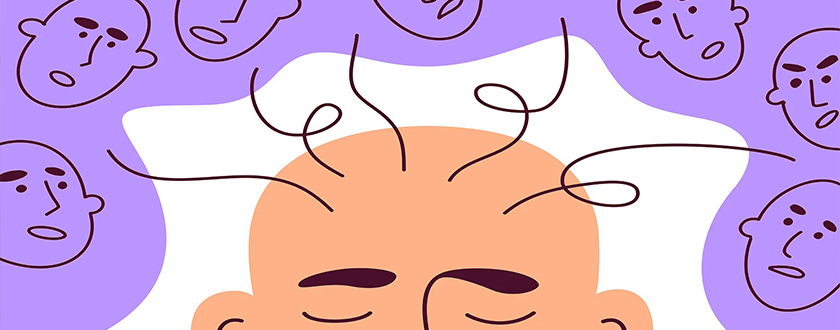It may affect a variety of aspects of life, such as functioning on the personal, familial, social, academic, and professional levels. According to WHO “Probably about one or three people with schizophrenia will be able to fully recover, and there are many effective therapy alternatives available”.
How would you recognize schizophrenia in yourself or a loved one?
If you are experiencing any of these symptoms, it's important to get help as soon as possible.
What treatments are available?
There are a number of different treatments for schizophrenia, depending on the severity of the condition and the person's needs. For example, some people with schizophrenia may need medication to help them manage their symptoms, while others may benefit from psychotherapy.
Some people with schizophrenia may also benefit from a combination of treatments. People with mild to moderate schizophrenia may only need medication, while those with severe symptoms may require both medication and therapy.
Some of the most common treatments for schizophrenia include:
Medication - antipsychotic or mood stabilizer
It can help with symptoms like hallucinations, delusions, and disorganized thinking. Depending on the person's needs and the type of medication, these can be taken in pill, liquid, or injection form.
Therapy - cognitive behavioral therapy, social skills training, or vocational training.
Symptoms including social isolation, a lack of drive, and a lack of interest in life may be alleviated. It can also help with symptoms like depression, anger, and anxiety.
